As a Registered Dietitian, I am frequently asked about the latest science of artificial sweeteners and sugar alcohols. Due to (1) living in a calorie-conscious world and (2) the rising concern about sugar consumption and its impact on health, many manufacturers and people have turned to these sugar alternatives to satisfy their sweet tooth without the added calories. However, navigating the world of artificial sweeteners and sugar alcohols can be confusing. So let’s dive in!
In this post we’ll cover:
- What these substances are
- Why are they available
- Potential benefits
- Potential drawbacks
- My opinion
Understanding Artificial Sweeteners
Artificial sweeteners are synthetic sugar substitutes that provide sweetness without the calories. They are often found in diet sodas, sugar-free desserts, and other low-calorie products. These sweeteners are much sweeter than table sugar (sucrose), so only a small amount is needed to achieve the desired sweetness.
The first artificial (non-nutritive) sweetener, saccharin, was discovered in 1879. Since then, other non-nutritive sweeteners and extracts have joined the category: aspartame, sucralose, saccharin, acesulfame potassium (Ace-K), luo han guo (monk fruit) extract, neotame, and stevia.
Acesulfame-K is a combination of an organic acid and potassium and is 200x sweeter than sucrose.
Aspartame (Equal) is a combination of the amino acids phenylalanine and aspartic acid and is 160-220x sweeter than sucrose. Because it contains phenylalanine, foods with aspartame must carry a statement warning those with the rare disorder phenylketonuria about the presence of aspartame in the product.
Luo Han Guo is the extract of the monk (swingle) fruit. It’s between 150-300x sweeter than sucrose.
Neotame is also a combination of the amino acids phenylalanine and aspartic acid, but it’s between 7000-13000x sweeter than sucrose. The high intensity of sweetness means that it contains very little phenylalanine and therefore, does not require a warning label like aspartame.
Saccharin (Sweet N’ Low) is a soluble sodium salt not metabolized by the body, so it’s excreted without yielding any calories. It is 300x sweeter than sugar.
Stevia (Truvia) is extracted from the leaves of the Stevia rebaudiana Bertoni plant, which is native to South America. It is 200-300x sweeter than sugar.
Sucralose (Splenda) starts as a regular sugar molecule, then the 3 hydroxyl groups are removed and 3 chlorine molecules take their place. This new molecule can’t be absorbed by the body and is excreted unchanged. Sucralose is 600x sweeter than sugar.

Deciphering Sugar Alcohols
Sugar alcohols, such as xylitol, erythritol, and sorbitol, are naturally occurring compounds found in fruits and vegetables. They are commonly used as sweeteners in sugar-free gum, candies, and baked goods.
Compared to the non-nutritive sweeteners listed in the section above, sugar alcohols do provide calories. They have fewer calories than table sugar (about 1.5-2.5 calories per gram compared to 4 calories per gram, respectively) and have a minimal effect on your blood glucose level. This has made sugar alcohols and artificial sweeteners a popular choice for people following low-calorie, low-carb and/or diabetic diets. It is also a popular choice among food manufacturers to reduce the overall calories and added sugars.
Why is there a demand for lower-sugar foods and beverages?
There is an escalating global epidemic of overweight and obesity, aka “globesity”, that is taking over many parts of the world. Sugar consumption, in the form of sugar-sweetened beverages (SSBs), has steadily increased throughout the world which has resulted in some public health concerns. High-level SSB consumption has been associated with weight gain and obesity in adults and children, type II diabetes, tooth decay, and cardiovascular disease. Drinking sugar-sweetened beverages was associated with worse scores on tests of cognitive function. There is a significant association between sugar-sweetened beverage intake and decreased bone mineral density in adults. Higher intakes of SSBs are also associated with an increased risk of early-onset colorectal cancer.
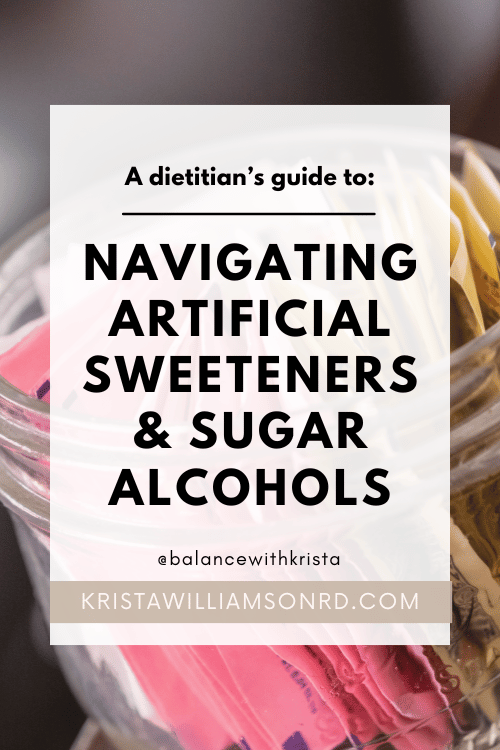
Potential benefits of artificial sweeteners and sugar alcohols
- Artificial sweeteners and sugar alcohols produce a lower glycemic response, compared to sugar. A person living with diabetes could have better glucose control by swapping a sugar-sweetened beverage for an artificially sweetened one.
- Sweeteners yield no calories which can be beneficial to attain a calorie deficit for fat loss, this also means they could help reduce the risk of obesity-related comorbidities.
- Sugar alcohols contain fewer calories per gram compared to sugar which could help achieve a calorie deficit.
- Sweeteners add palatability to low-calorie foods without increasing the overall caloric or carbohydrate content.
- Sugar alcohols add palatability to low-calorie foods while adding fewer calories and carbohydrates than table sugar.
- These substances could reduce a person’s overall added sugar intake which could help reduce the risks associated with drinking SSBs listed above.
The drawbacks of artificial sweeteners and sugar alcohols
There are a lot of unsupported claims online regarding artificial sweeteners causing anything from increased appetite and weight gain to cancer. Research maintains that sweeteners do not cause insulin spikes. 1, 2. Studies show that swapping sugar-sweetened beverages for artificially sweetened ones can help with weight loss. And lastly, the WHO classified aspartame in Group 2B, tagging it as a possible carcinogen with “far from conclusive” evidence. So anyone who says aspartame was classified as a carcinogen is wrong. There is a massive difference between possible and definite. One of the biggest things many people miss about the WHO categorizations – whether it’s red meat, processed meats, or aspartame – is the cumulative dose. Most of us do not need to be afraid of occasionally consuming bacon with our breakfast, BUT if we’re frequently exposing ourselves to high amounts of Group 1A and 2A substances (like processed meats)…it’s a good idea to make a change.
- Artificial sweeteners can alter the gut microbiome in animals but this is not yet supported in humans and sugar-sweetened beverages may have more impact on our microbiome than artificially sweetened ones.
- Infants born to mothers who consumed artificially sweetened beverages throughout pregnancy had an increased risk of being overweight according to BMI at 1 year of age.
- Eating large amounts of sugar alcohols may result in gas, cramping, bloating and diarrhea.
- Drinking large amounts of diet soda is not great for your teeth due to its acidic nature.

My opinion
What most of the internet gets wrong about health and nutrition is that it is extremely complex and nuanced.
As a whole, people ‘zoom in’ too far on specific foods and ingredients and cause themselves and/or others unnecessary stress, guilt and shame.
Health is multifaceted.
And “the dose makes the poison”.
My opinion is that artificial sweeteners could negatively affect our gut microbiota – and so do sugar-sweetened beverages. If you choose to consume them, moderation is key.
If you have a gut concern, you could try eliminating artificial sweeteners and sugar alcohols to see if you feel better.
Health Canada has rigorously tested and set acceptable daily intake (ADI) amounts for sweeteners based on a person’s body weight. For aspartame, the ADI is 40mg/kg body weight. On that basis, a 180 lb. person could safely consume 3273mg of aspartame each day. One can of diet pop has ~200mg, therefore, equalling a safe consumption of 16.3 cans.
[I don’t recommend drinking that much!!]
My recommendation is to limit both sugar-sweetened and artificially sweetened beverages.
Drink water and other naturally flavoured, sugar-free drinks most of the time.
That doesn’t mean you can only drink water. If you’d like to drink an artificially sweetened drink occasionally – go for it. Without guilt! Technically you could have one or more daily and still be within the acceptable daily intake guideline. If you’d prefer to avoid sweeteners and only consume sugar-sweetened beverages – go for it. But again, moderation. One can of Coke has more added sugar than most of us need each day.
My last thought
Your lifestyle pattern matters a billion* times more than a specific food ingredient to your overall health.
(*not a research-driven statistic, that’s my own embellishment)
Lifestyle patterns that put you at a higher risk of chronic disease:
- smoking
- being sedentary
- diets high in red and/or processed meats
- poor sleep
- diets high in sodium and/or ultra-processed foods
- high-sugar intake
- low-fibre intake
- poor hydration
- night shift work
- high levels of stress
- alcohol consumption
PLEASE NOTE:
I’d love to know if this was helpful to you! If you have any questions, please DM me on Instagram or comment below.
All blog posts are written for general nutrition improvement and should only be used as a guide. This article is intended for educational purposes only and is not designed to diagnose, treat, prevent or cure any condition. It is not specific advice for any individual. Before adding supplements to your regimen, please speak to your healthcare professional.


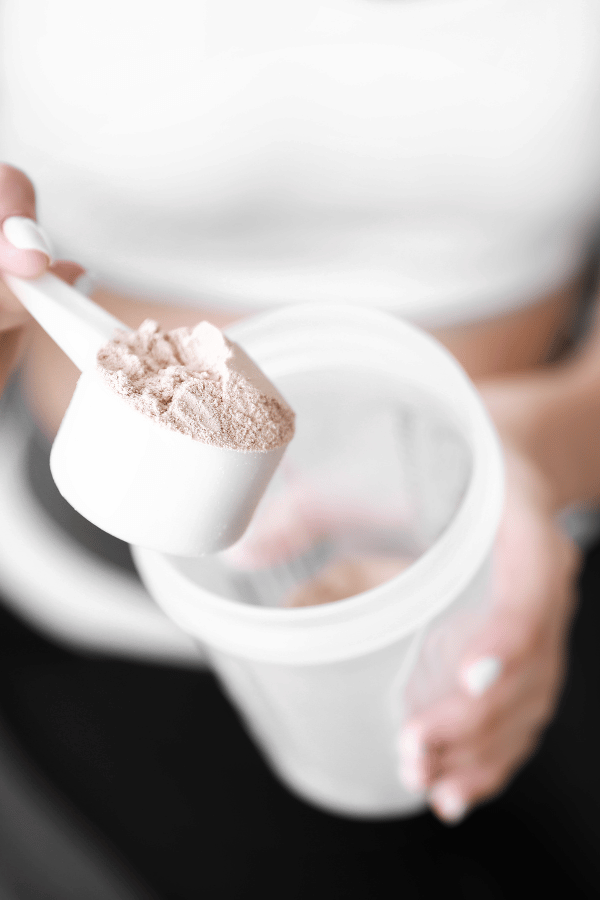
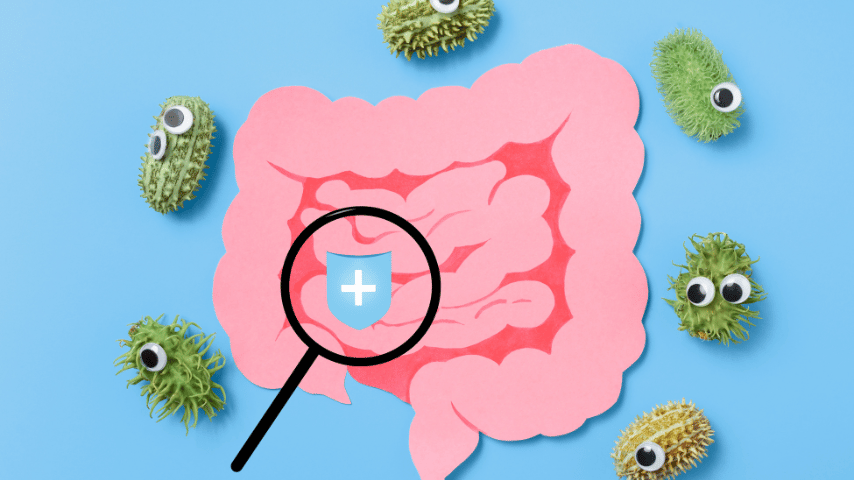



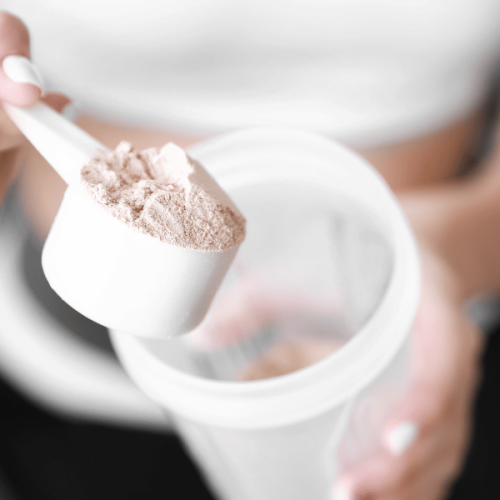
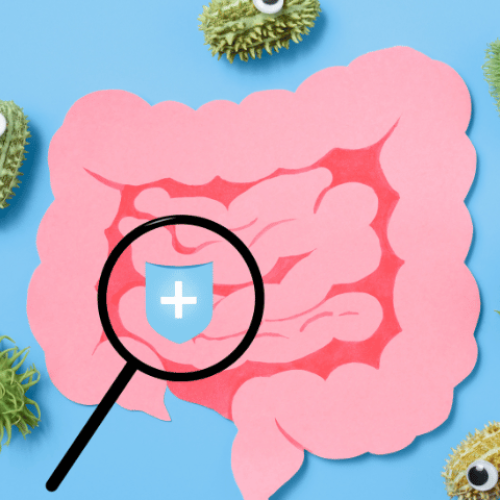


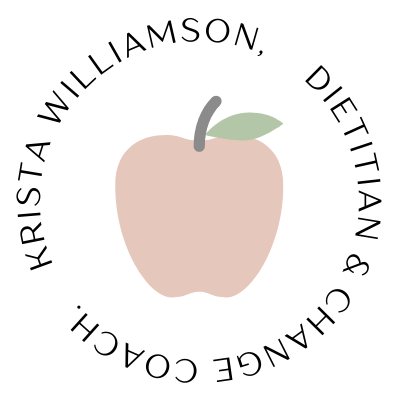
2 Comments
This was extremely helpful! I don’t feel as ashamed to have sweeteners as I did before I read it, although I’m working on having far less of them and it’s doing wonders for my tummy. Thank you for reinforcing what I’m already doing, it shows me I’m on the right path.
Yay, I’m so glad to hear that!! Definitely sounds like you’re on the right path. Thank you Dianne!